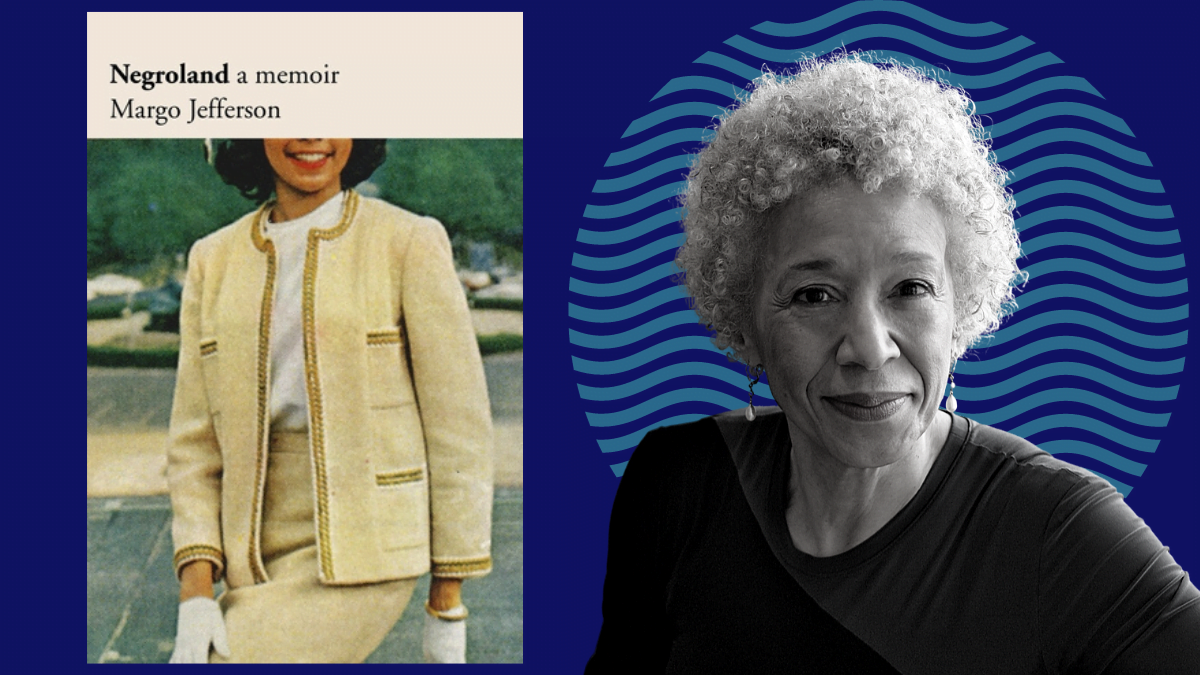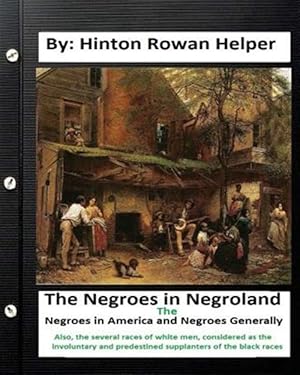

I don’t think I could have written a memoir otherwise. So the audience, the readers needed to be made constantly aware of all these performance requirements, external and internal. And I needed to show how the internal self, my particular psyche responded what its strategies were. I was taught how to perform class, race, gender in a variety of settings, to meet certain demands, to thwart certain demands, to mediate conflicting demands. MJ: I needed to find a form (forms) that would document and dramatize the perspective shifts that were essential to my Negroland upbringing. What made you decide on this style of narration? How has it facilitated you in writing a memoir?

GE: In your new novel Negroland: A Memoir, you often address the reader, telling them to “keep a close watch” or announcing a change in perspective. I felt (I told myself) that being from the Midwest had left me open to influences that weren’t always so culturally sanctified. New Yorkers can have the provinciality that comes from feeling they were always at the center of what counted culturally. And like many Midwesterners I yearned to go East, live in New York! Once I settled there though, I was glad not to have grown up there.

If you look at Chicago squarely you’re looking at certain truths about America: the systemic vices & cruelties the art (innovative, insistent) the self-consciousness about one’s importance, one’s ranking, one’s “place” in the world. MJ: I was always grateful to be from a city that mattered historically.

GE: Do you feel that being from a large city like Chicago has influenced your writing? If so, how? Margo Jefferson: I grew up in Chicago, as did my mother. Giuliana Eggleston: What’s your connection to the Midwest? Midwestern Gothic staffer Giuliana Eggleston talked with author Margo Jefferson about her novel Negroland: A Memoir, changing perspective, the most difficult writing she has ever done, and more.


 0 kommentar(er)
0 kommentar(er)
